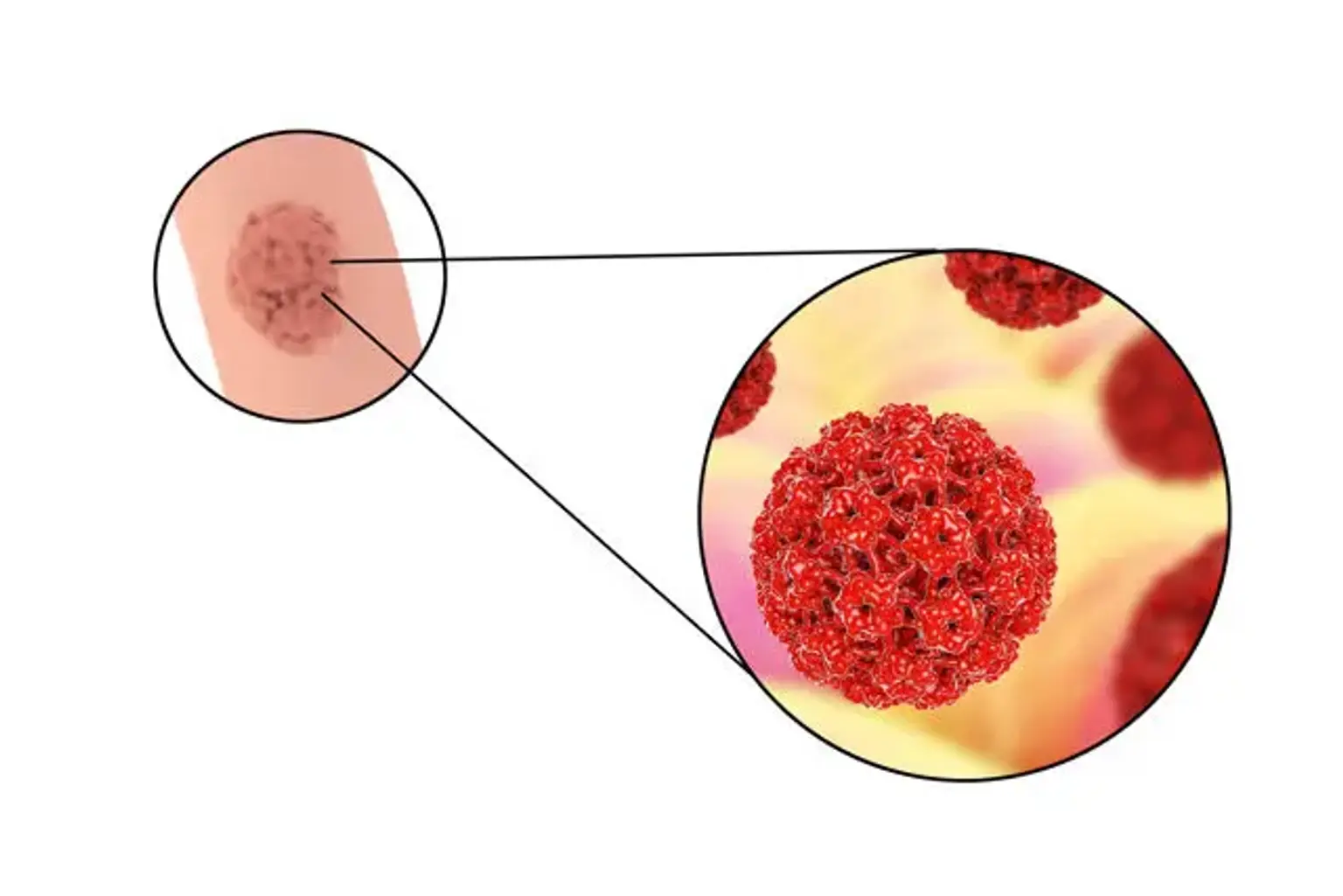Introduction
Genital warts are a common sexually transmitted infection (STI) caused by the human papillomavirus (HPV). These warts can appear on the genital, anal, or surrounding areas, and while they are not life-threatening, they can cause discomfort and emotional distress. Genital warts are highly contagious, making early detection and treatment crucial for managing the condition and preventing the spread to others.
Fortunately, genital warts are treatable, with various methods available to remove them and reduce the risk of recurrence. This article provides a comprehensive guide to understanding genital warts, treatment options, and how to manage them effectively.
Understanding HPV and its Role in Genital Warts
Genital warts are caused by certain strains of the human papillomavirus (HPV), a group of over 200 viruses. Not all types of HPV cause warts, but those that do are commonly referred to as low-risk strains. HPV types 6 and 11 are most often associated with genital warts, though these strains do not usually lead to cancer. However, some high-risk HPV types (like 16 and 18) are linked to cancers of the cervix, anus, and throat.
HPV is typically spread through sexual contact, including vaginal, anal, or oral sex. It can also be transmitted even when an infected person shows no visible symptoms. This is why practicing safe sex—using condoms and dental dams—is important in reducing the risk of HPV transmission.
While genital warts are the most visible symptom of HPV infection, many people with the virus do not develop warts. For others, warts can take weeks, months, or even years to appear after exposure. Early detection is key in preventing the spread of HPV and managing warts before they cause further complications.
